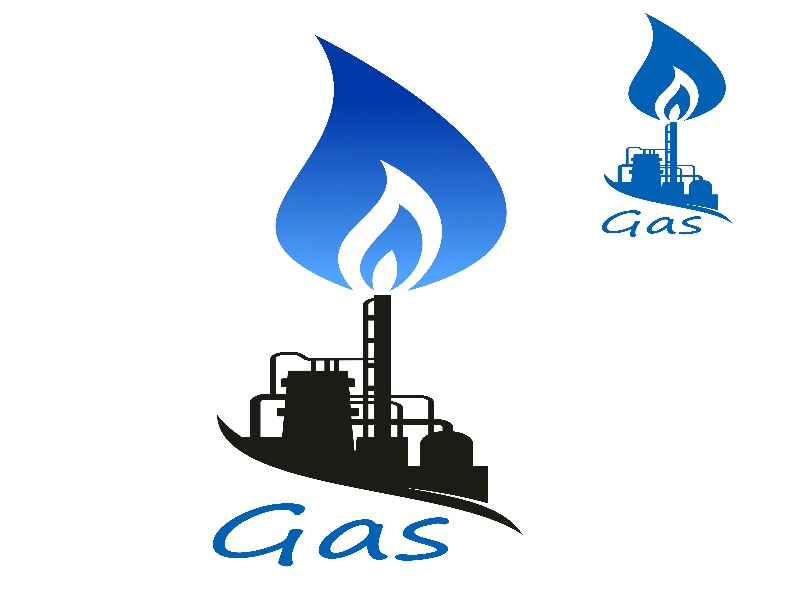Featured image: Stock Kenyan telecommunication company Safaricom continues its drive to diversify the revenue stream away from voice business by taking a stake in a gas company.
Safaricom’s latest annual report shows it bought a stake in UK firm Circle Gas Limited at Sh384 million ($3,585,079) last December, giving it an 18,95% share of the England-based firm.
In addition, the contract includes a non-executive director seat on the Circle Gas board as long as the trademark license and brand management co-operation agreement remains in force.
In January, the telecommunication business started working with Kenyan subsidiary M-Gas, launching a prepaid gas service.
M-Gas started off as KopaGas, a Pay-As-You-Go cooking gas service technology created by Tanzanian Andron Mendes and Mexican partner Dr Sebastian Rodrigues in 2014.
The two KopaGas founders remain key executives in M-Gas, which also retained the 30 original Tanzanian employees of Kopagas.
Read more:
East Africa is cooking clean
Why African biogas entrepreneurs don’t get support
Heightened interest in LNG stimulates Africa’s gas economy
Each M-Gas set up includes a gas cylinder and 2-burner gas stove, provided at no upfront cost. The cylinder is equipped with a smart meter which shows how much gas a customer has paid for and how much remains.
Payment is made through M-PESA with the gas automatically disconnecting when a customer has completely consumed the amount paid for.
Strategically the investment in this Circle Gas solution is a digital service which leverages both the internet-of-things and M-PESA, which furthers Safaricom’s ambition to be the leading digital service provider in Kenya. Changing the way people think of gas The M-Gas concept also demonstrates how technology can be used to address the global challenge of access to clean cooking methods, despite a lack of government incentives across Africa to stimulate clean cooking methods.KopaGas grew through support from several innovation grants and piloted their technology in Dar-es-Salaam’s low-income households who rely on firewood and charcoal for cooking.According to the Kenya Cooking Sector Study , 80% of Kenyan households use wood or charcoal for cooking, leading to not only ambient air pollution but also deforestation and soil erosion and greenhouse gas emissions.SE4All’s report, Tracking SDG: The Energy Progress Report , released May 2020, says more than a third of the world’s population are unable to access clean cooking methods and if current trends remain then almost 30% of the world will still not have the necessary access by 2030.The report […]
